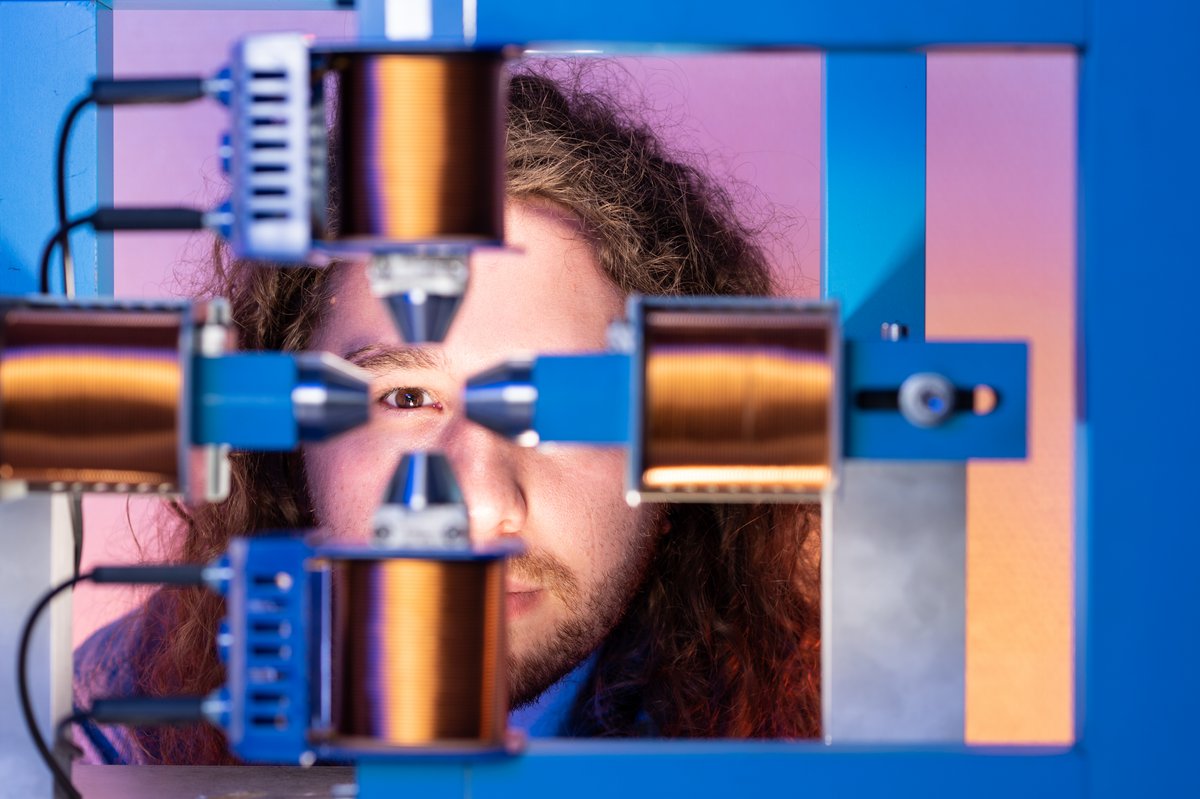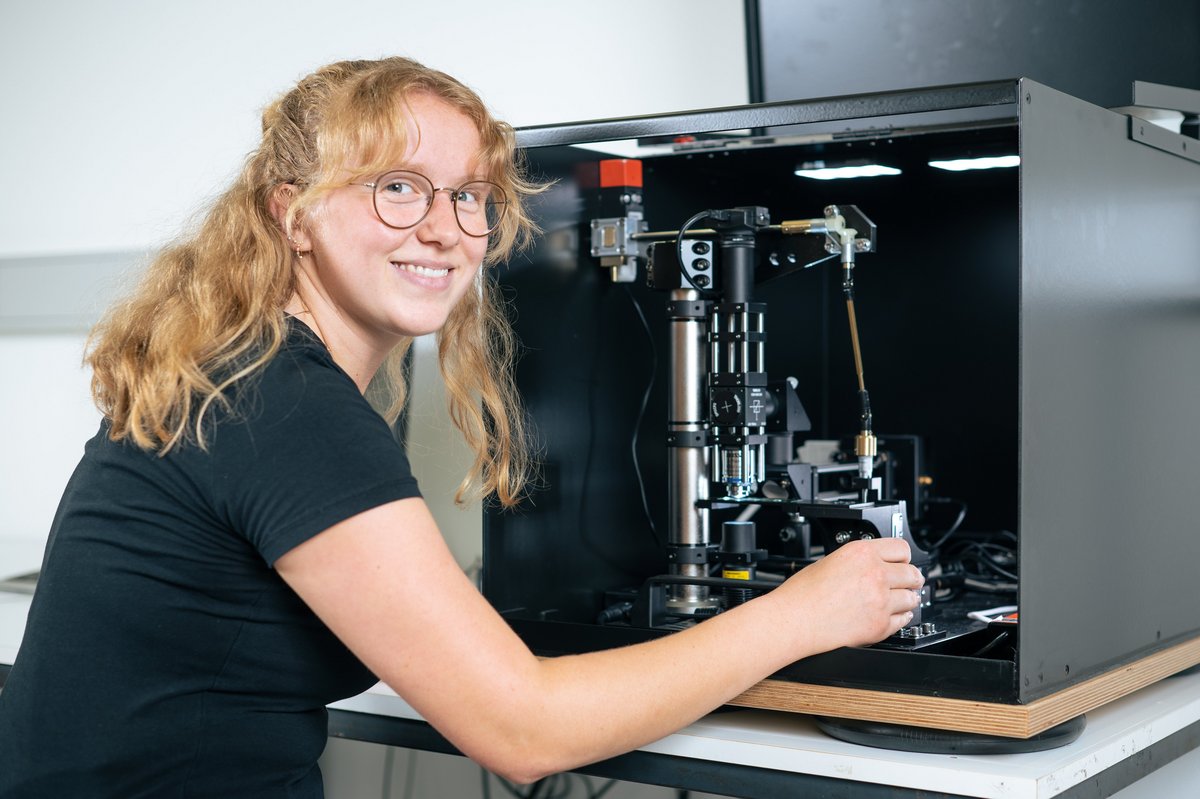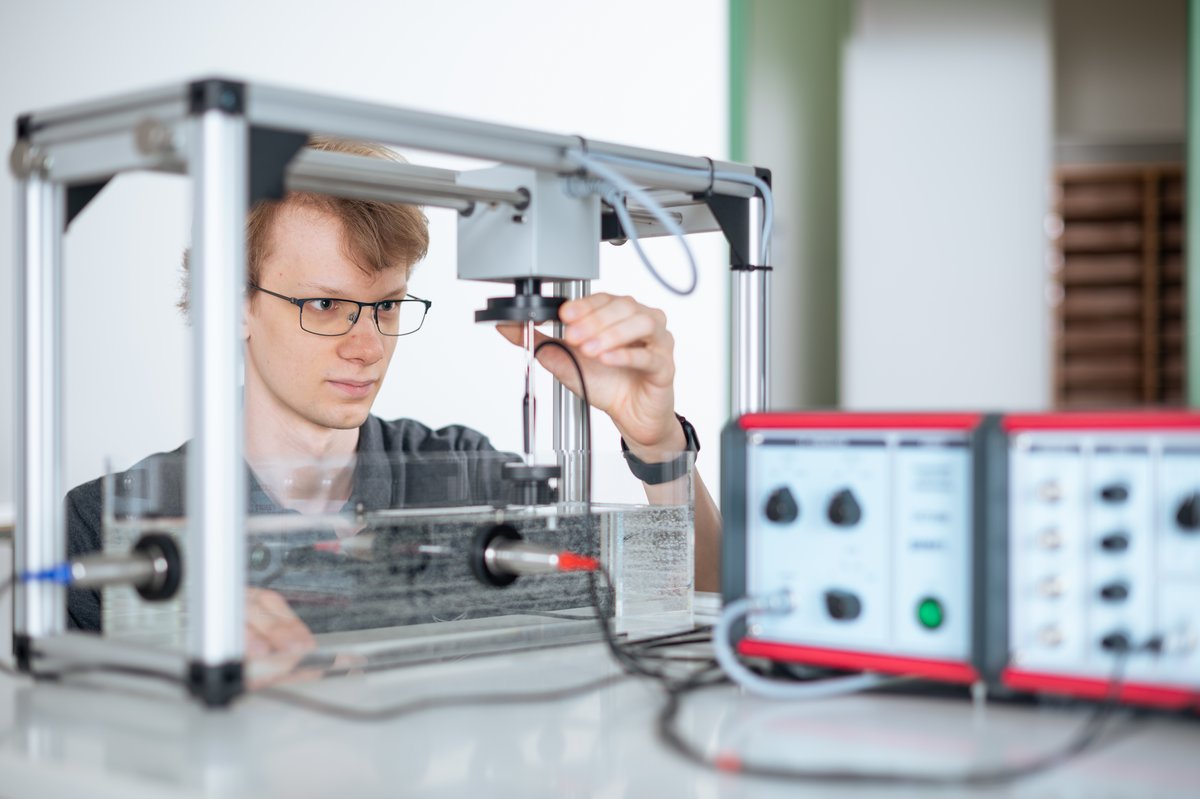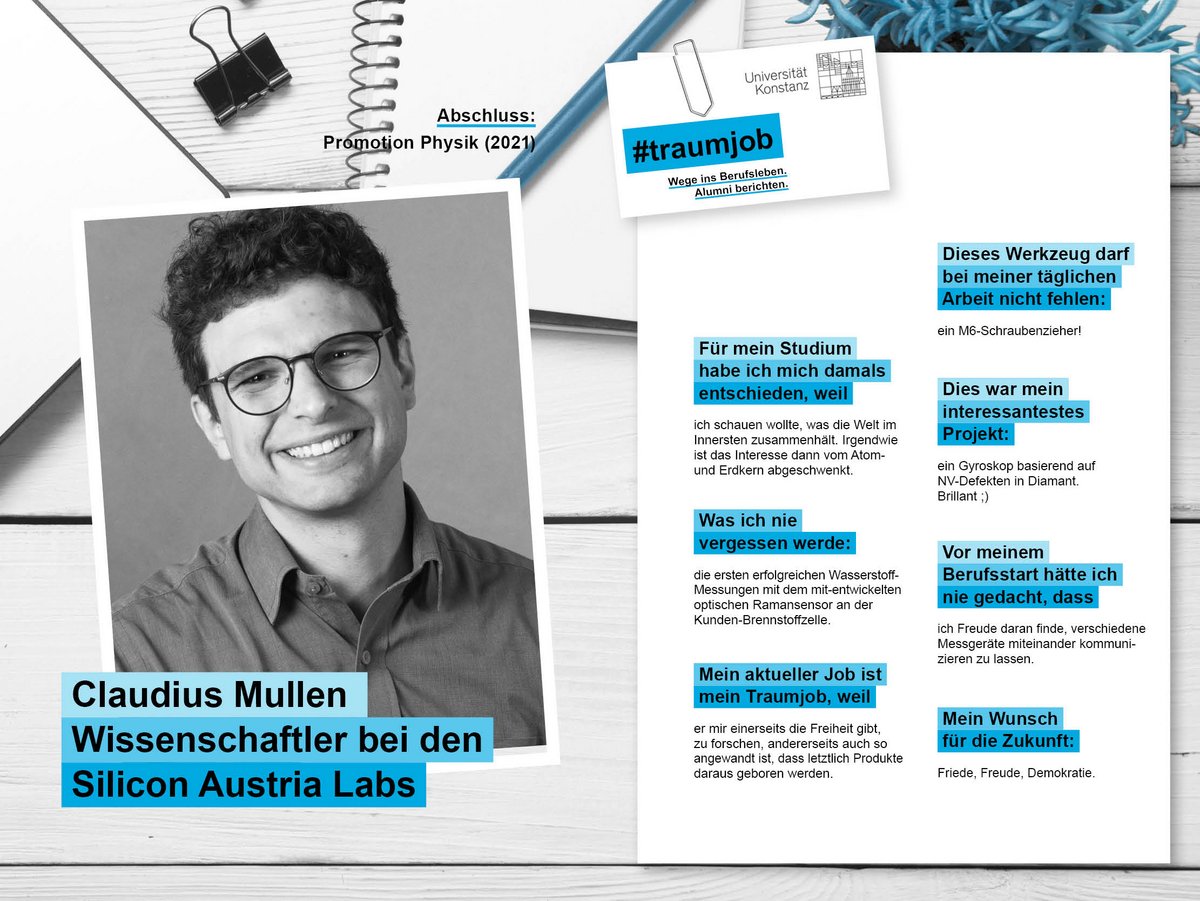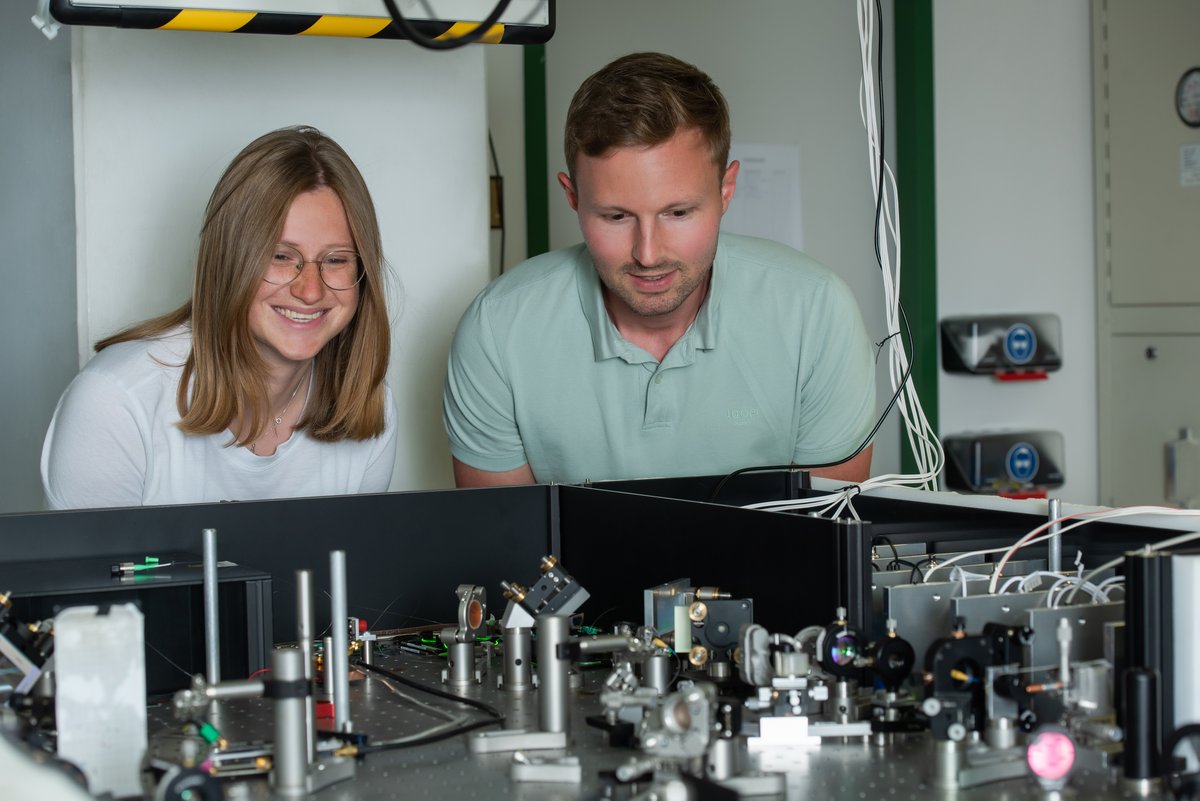Study Physics at the University of Konstanz?
Are you thinking about studying physics? Then the Department of Physics at the University of Konstanz is the right place for you. Here you will study in a family atmosphere with an open-door culture, you will be excellently prepared for work in academic research and industrial development and you will experience the close integration of experiment and theory in teaching.
Further information for prospective students by degree programme:
Bachelor, Master, Bachelor of Education, Master of Education and the new orientation study programme GoMint


